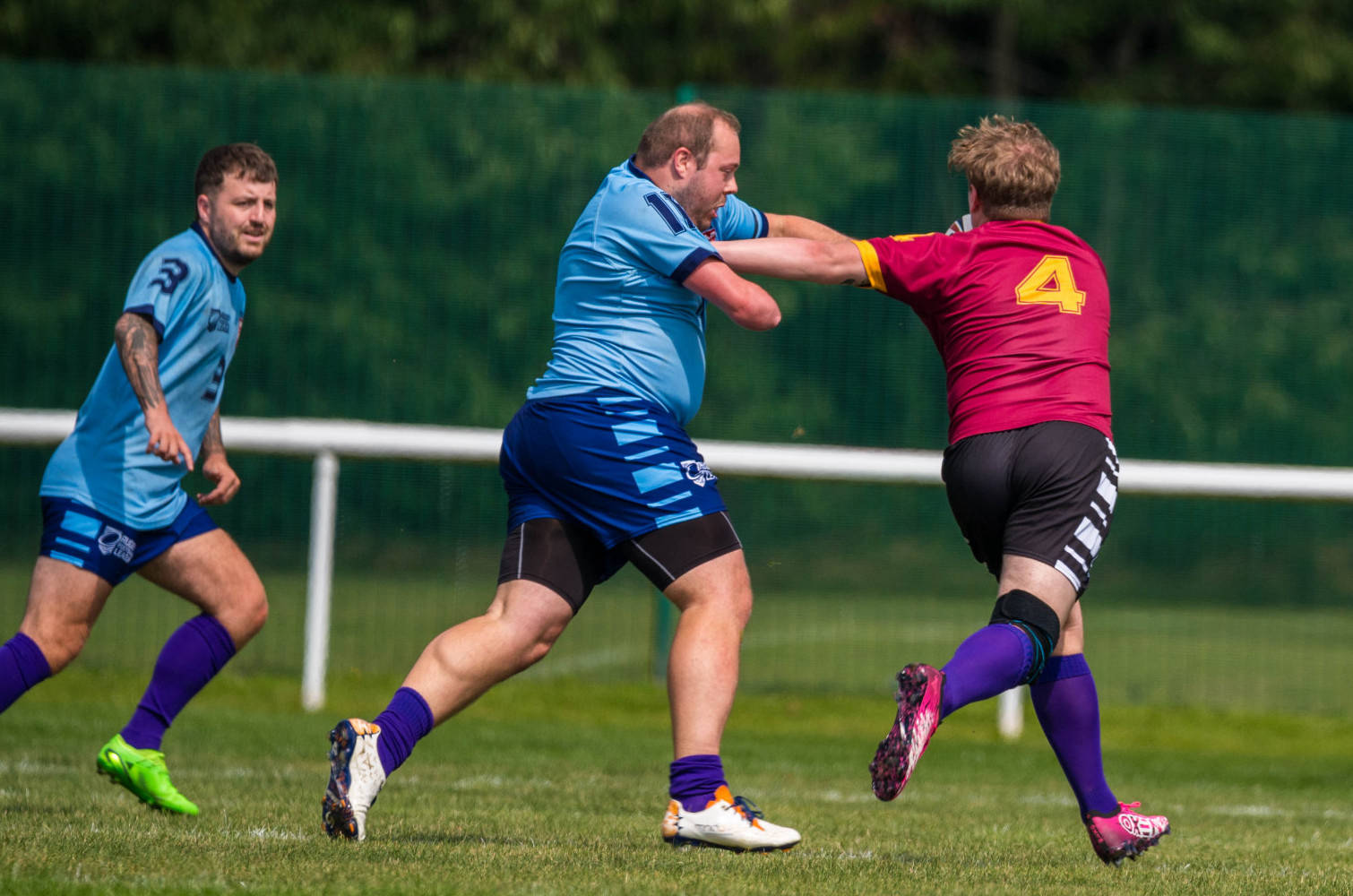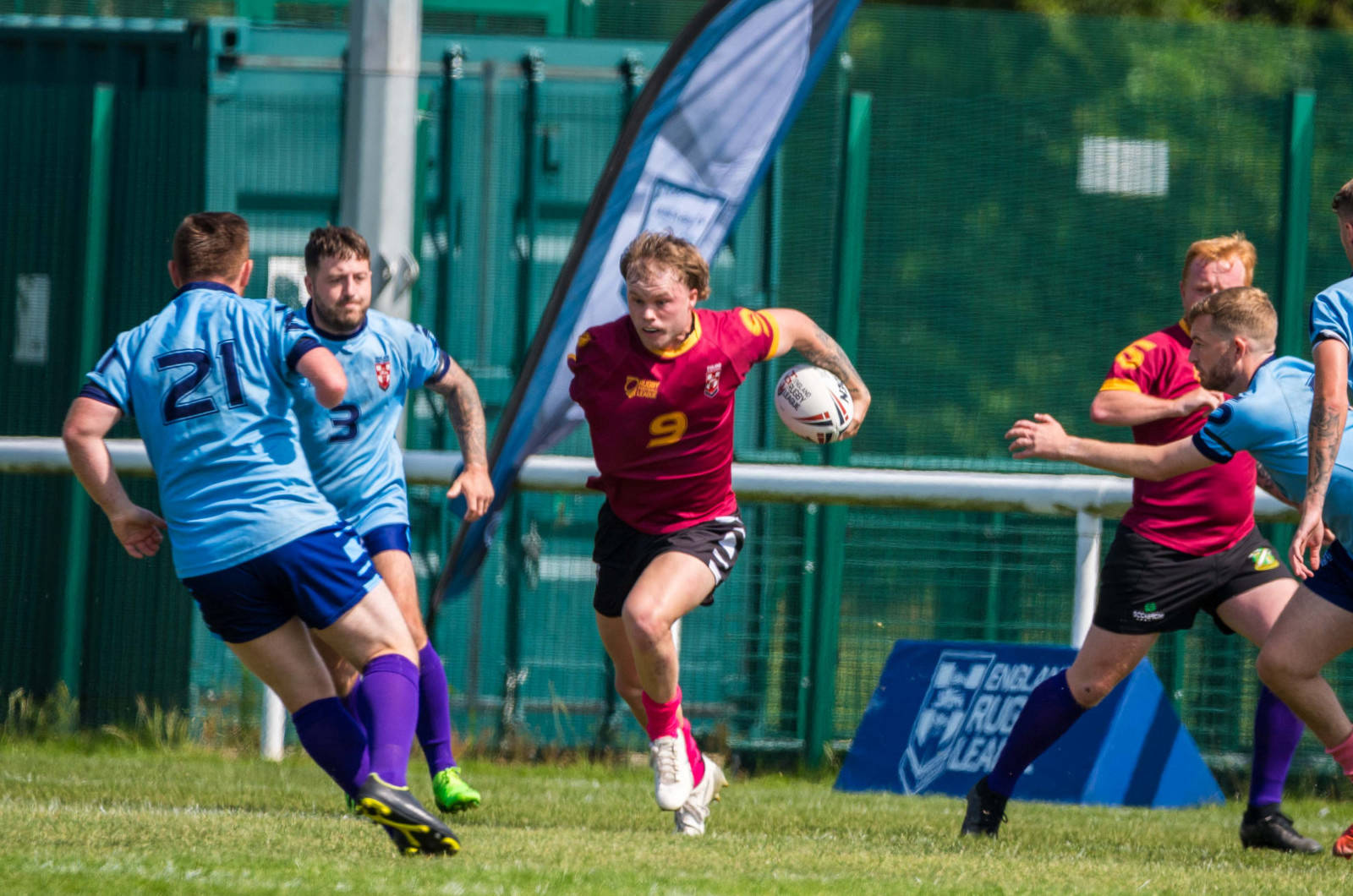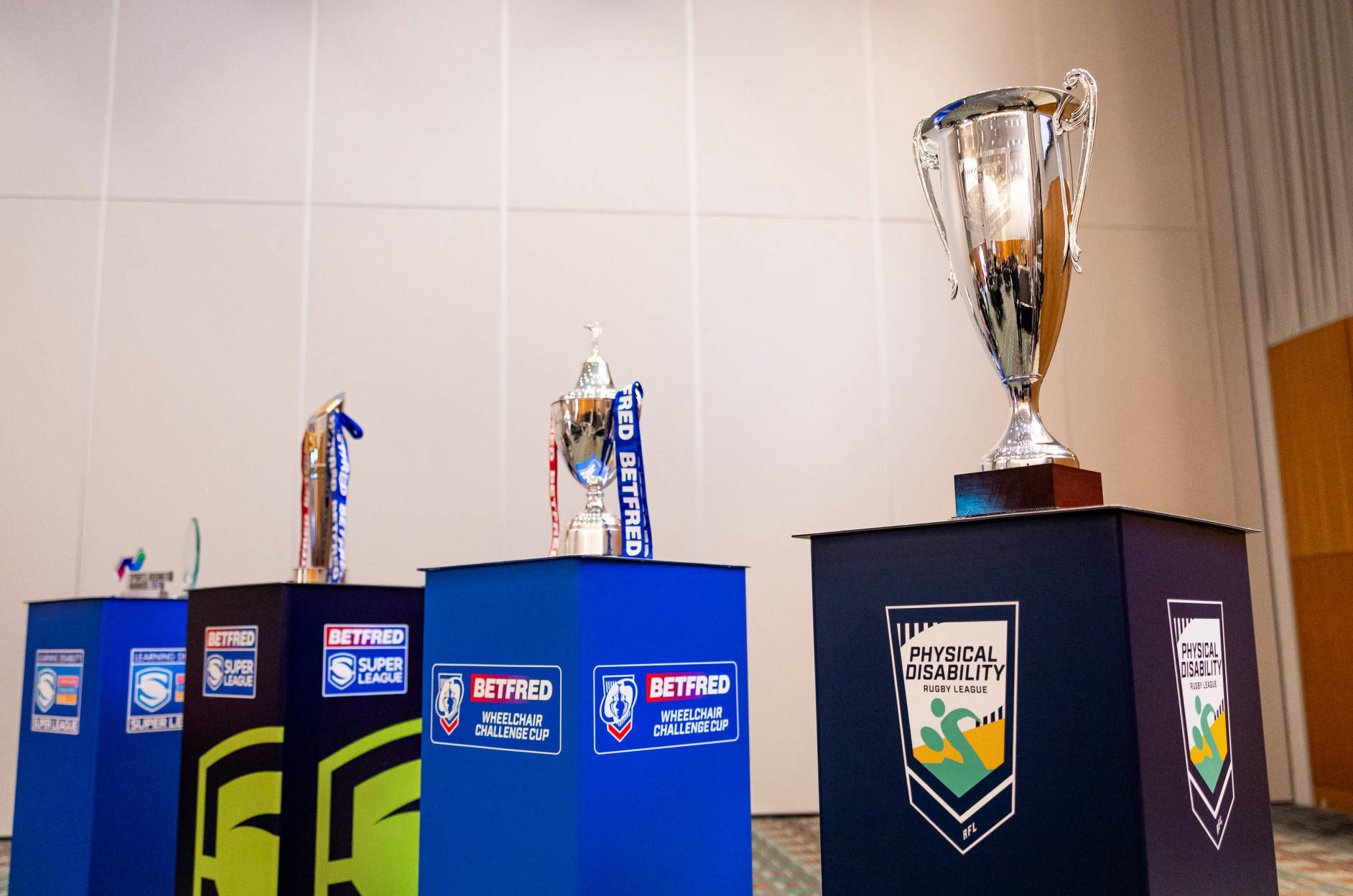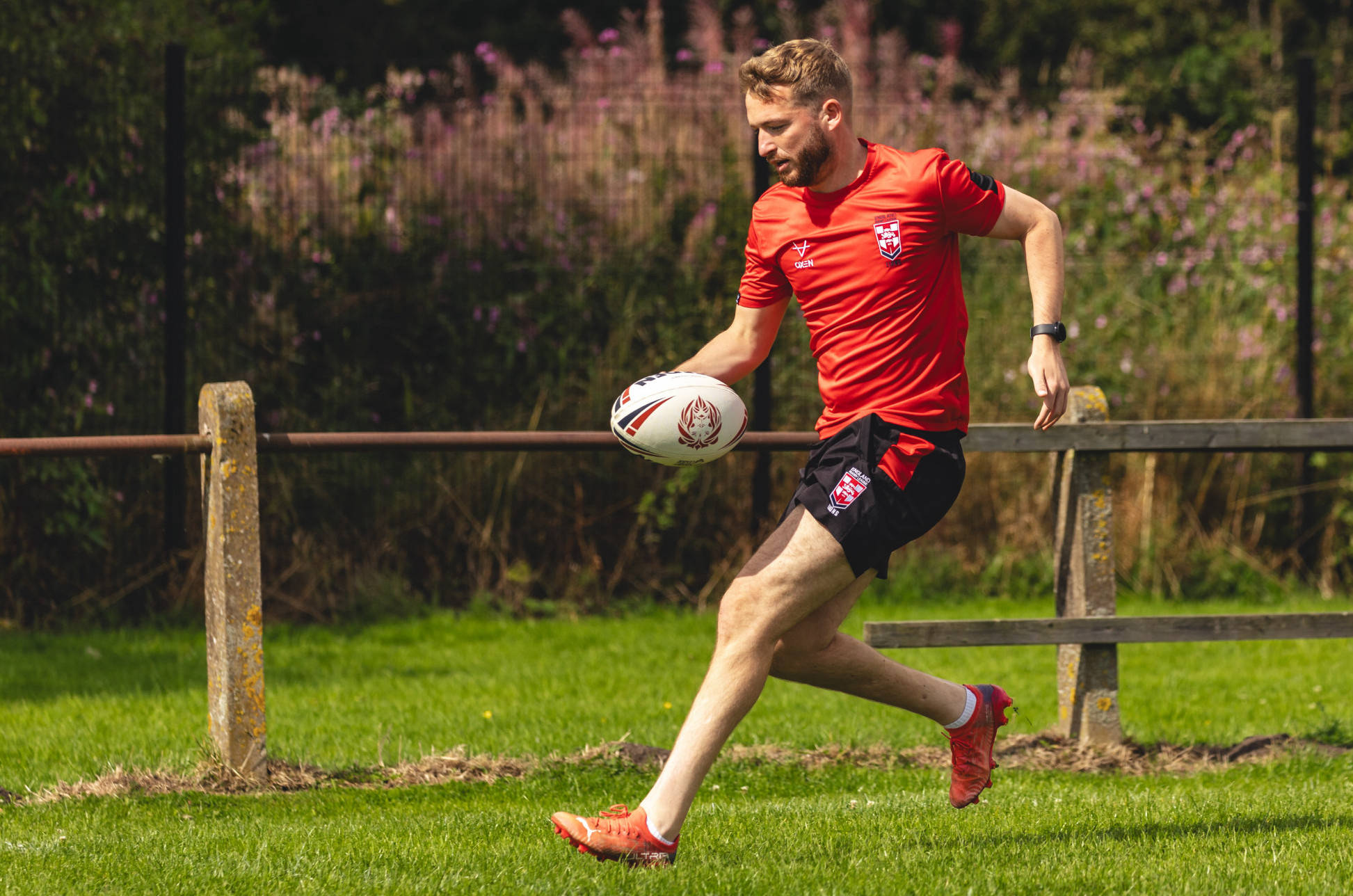
Disabled Rugby League players and volunteers must have opportunities to be active.
The Activity Alliance has released research on the impact of Covid-19 on sport and physical activity amongst disabled people - and the RFL redoubles its commitments to playing and volunteer opportunities for everyone.
The Activity Alliance research shows twice as many disabled people felt that coronavirus greatly reduced their ability to do sport or physical activity compared to non-disabled people.
One in five people have a disability, and the impact of the pandemic on disabled people has been profound. The Activity Alliance findings show that the pandemic, lockdowns and restrictions have led to many disabled people feeling ‘more fearful and ignored’.
The report shows that the ‘fairness gap’ in playing and other opportunities to be active was starting to be addressed with activity levels increasing – although disabled people are twice as likely as non-disabled people to be active - but the pandemic is a major setback to progress in many sports, exacerbating existing inequalities and creating still more barriers.
Chris Godfrey, Social and Inclusion Manager, the RFL says; “This is important and stark research from the Activity Alliance. It challenges all sports and physical activity organisations to redouble efforts to think creatively about how everyone can access appropriate activity – even as we face serious restrictions. Together with our national social care partner Community Integrated Care, we have been determined to create inclusive and attractive remotely delivered resources aimed at empowering people with disabilities to engage in physical activity in their own homes safely. Though there is still some uncertainty around when face to face activity can recommence, 2020 afforded us the opportunity to plan a robust full year incorporating aspirational playing offers for many of our disabled participants, ensuring our opportunities are attractive and accessible.
One barrier to attracting more people with disabilities to Rugby League is the perceived physical nature of the sport. However, the development of various inclusive and social Rugby League offers, such as Physical Disability Rugby League, Learning Disability Rugby League and Wheelchair Rugby League, means that there is a playing offer out there for everyone.
Our main delivery partners, the professional club Foundations, have also responded magnificently to the Covid-19 pandemic and offered creative and innovative ways to engage in sport and exercise remotely. Ensuring that many of our participants could continue to engage and benefit from all the aspects of sports participation, staying active, remaining connected to clubs and teammates, and staying healthy both physical and mentally. Whilst we expect to see an impact on participation from the pandemic, we know that the things put in place by all involved will limit this impact. We cannot wait to see disabled Rugby League players and volunteers, and hopefully some new faces, enjoying the sport on indoor and outdoor pitches as soon as possible.”
RLWC2021 together with Community Integrated Care, and supported by Sport England and the RFL has launched a ground-breaking social inclusion partnership. Working together to create life-changing opportunities including a new supported volunteering programme for people with additional needs.
Key findings from the Activity Alliance research include:
- Disabled people felt that they do not have the opportunity to be as active as they want to, compared to non-disabled people (29% vs 44%).
- Almost a quarter stated that they had not received enough information about how to be active during the pandemic (23% vs 13%).
- Respondents said the lack of activity has led to both their physical and mental health being harder to manage. Feelings of loneliness and social isolation were frequently voiced.
- A fear of contracting the virus, the impact on their health, a lack of space and support to be able to exercise safely at home, have become significant barriers for disabled people.
Barry Horne, Chief Executive at Activity Alliance, on the latest research: "The benefits of being active are clear. It matters for everyone’s physical and mental health and has enormous impact on our daily lives. So, it is never acceptable that disabled people should not reap these benefits too.
"We appreciate we have a national crisis on our hands and leaders need to make tough decisions in sport and leisure. But we have not heard near enough about the impact on disabled people’s lives during the pandemic. No disabled person should ever feel forgotten or overlooked in the communities we all serve.
"That’s why this insight is so important. We have listened to disabled people and urge decision makers to do the same, and act swiftly upon the findings. If we do not act now, we will witness inequalities widen even further, or unthinkably they may become irreversible. Prioritising disabled people is the only way to prevent this from happening. Every plan, every action and every penny spent must be tested against its impact on disabled people’s activity."
The Annual Survey follows Sport England launching their 10-year strategy, Uniting the Movement, which highlights their ambition to tackle inequalities, especially for inactive people. They pinpoint the need to invest in those who need it the most and tackle inequalities.
View The Activity Alliance Annual Disability and Activity Survey 2020-21 report here.
#ActivityAllianceSurvey
@AllForActivity.




